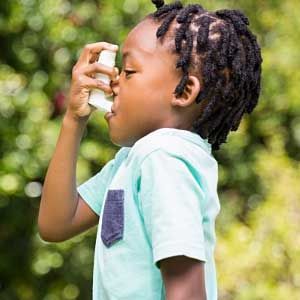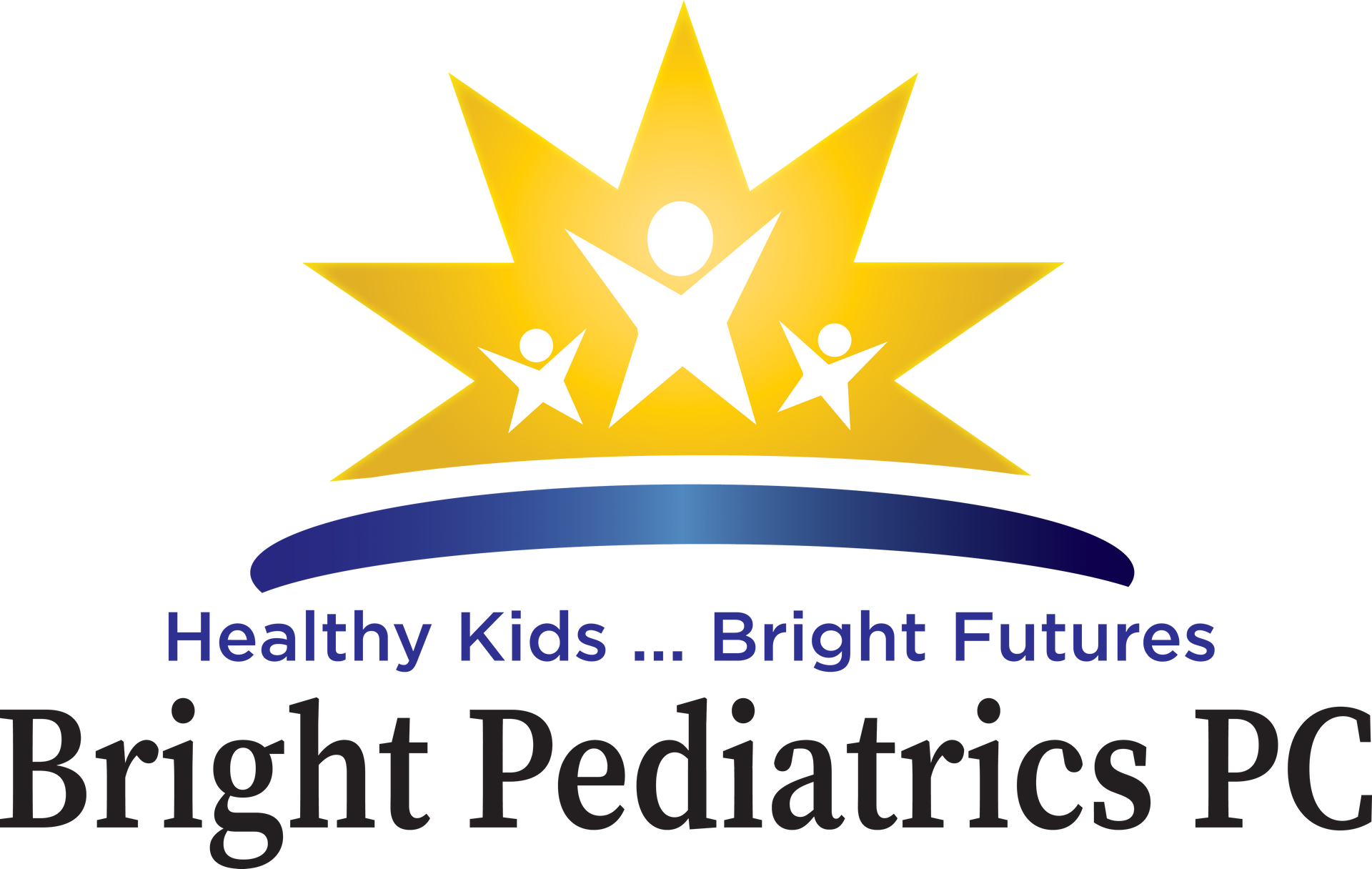Asthma Care
Asthma & Allergy Management
Our practice provides a comprehensive asthma and allergy management program for our patients. Our pediatricians are trained in the diagnosis and management of childhood asthma and allergies.
Diagnosis is usually made during a sick visit when a child is wheezing or exhibiting symptoms of allergies. Occasionally, we may diagnose your child with asthma or allergies during a preventive care visit based on patient or parent concerns or our exam findings.

Pulmonary Function Testing
Pulmonary function testing is done at least annually and may be done when monitoring medication changes. The test results are interpreted by our providers to help guide your child’s treatment. This is a non-invasive test performed in all patients age 5 or older with asthma to assess lung function and response to medication and to assess overall asthma control.
Asthma Education
We teach about environmental controls and avoidance of triggers. We also watch your child using his/her inhaler to confirm it is being used correctly. Information about caring for the medication devices that your child uses is provided and reviewed at every visit. We will provide an Asthma Action Plan for your child for school and will provide a Food Allergy Action Plan if needed.
Maintenance Visits
Children with asthma should be seen in our office every 3-12 months depending on their severity of illness and their asthma control. Regular visits are required in order for us to evaluate your child prior to medication refills.
Helpful Resources
- Asthma Overview
- How to Use a Diskus Inhaler - video and instructions
- How to Use a Diskus Inhaler - PDF Download
- How to Use a Flexhaler - video and instructions
- How to Use a Flexhaler - PDF Download
- How to Use a Metered Dose Inhaler (MDI) - video and instructions
- How to Use a Metered Dose Inhaler (MDI) - PDF Download
- How to Use a Twisthaler - video and instructions
- How to Use a Twisthaler - PDF Download
Asthma FAQs
What are Allergies?
Allergies are when your child’s immune system reacts to something in the environment or a food and causes sneezing, itchy eyes, cough, and possible itchy throat. There can also be more severe symptoms such as hives or difficulty breathing.
How are Allergies treated?
We help treat the allergy along with what caused it. Total avoidance of the cause may not always be possible and medications may help.
What is Asthma?
Asthma is a respiratory condition that may present with coughing, wheezing and/or chest tightness. These symptoms usually get worse at night or with activity. Some children develop asthma more during the change of seasons. Other children exhibit asthma symptoms when they develop a viral illness that presents with cough and congestion.
How is Asthma treated?
There are a variety of ways we can help treat asthma. The most important thing is to educate the parent and child what to do to avoid any symptoms and interruptions in there daily schedule.

